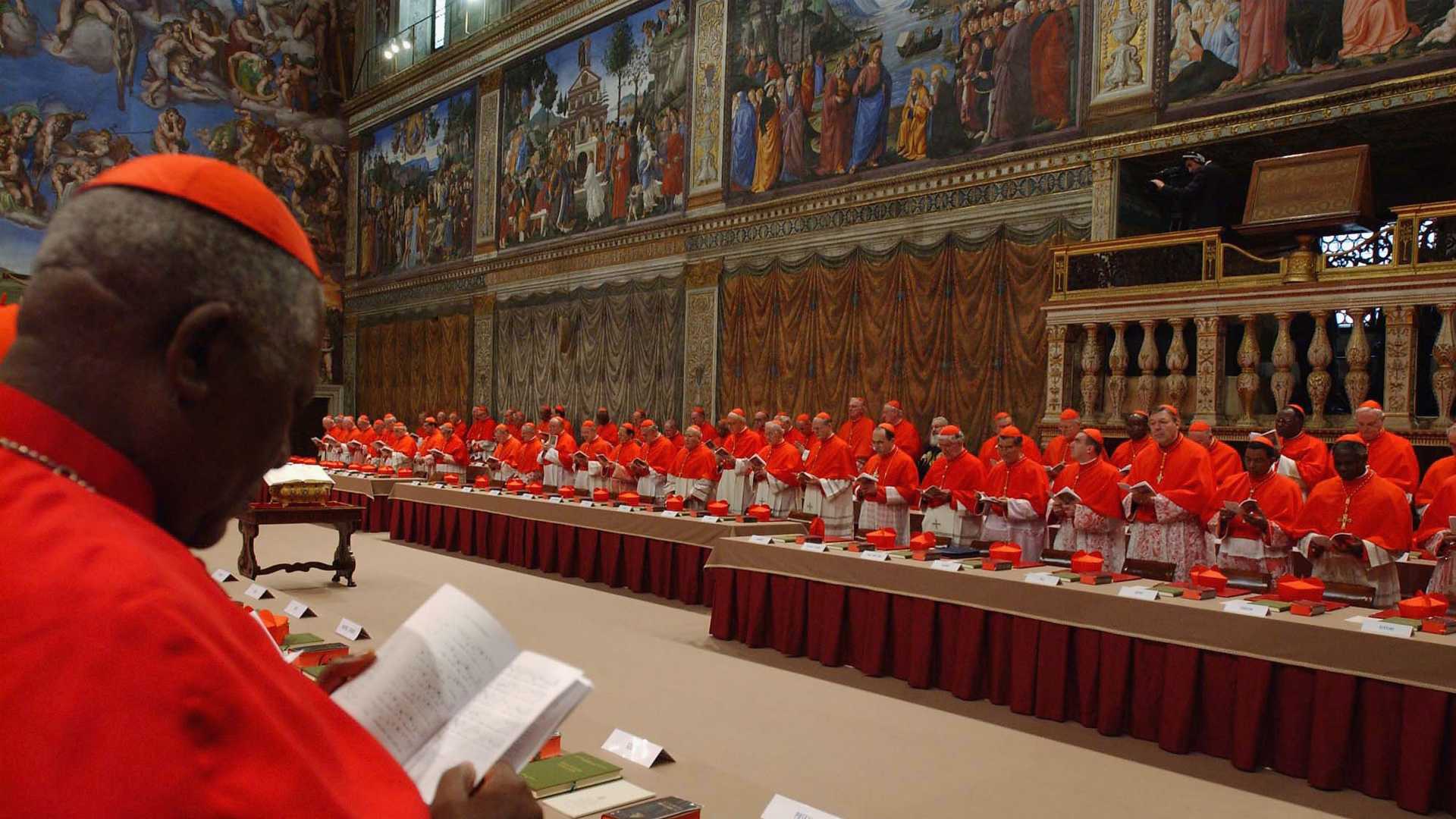World
Possible Successors to Pope Francis Emerge Ahead of Upcoming Conclave

VATICAN CITY — As the Catholic Church prepares for a conclave in early May 2025 following the death of Pope Francis, a diverse group of cardinals is being speculated as potential candidates to succeed him. The conclave is a secretive event where approximately 135 cardinal electors under the age of 80 will gather to elect the next pope.
Pope Francis, who led significant reforms during his pontificate including changes to the College of Cardinals, has left a transformed landscape for his successor. This year’s election could determine whether the Church continues down the reformist path set by Francis or shifts back towards conservatism.
The upcoming conclave follows a longstanding tradition among Catholics, as history warns that favorites can quickly fade. As the Italian saying goes, “He who enters the conclave as a pope, leaves it as a cardinal.” Cardinal Angelo Scola, a frontrunner in 2013, serves as a recent reminder of this uncertainty; he was overshadowed by Cardinal Jorge Bergoglio, now known as Pope Francis.
Leading candidates, often referred to as ‘papabili’, include individuals from around the globe with varying theological perspectives. Cardinal Mario Grech, from Malta, epitomizes the balance between tradition and modernity and has considerable influence over synod governance. He has pushed for inclusivity within Church discussions and is seen as a potential unifier.
Another crucial figure is Cardinal Stephen Chow, the Bishop of Hong Kong, known for his diplomatic dealings and pastoral skills, who could appeal to a range of electors. Meanwhile, Cardinal Pierbattista Pizzaballa, the Latin Patriarch of Jerusalem, has gained recognition for his leadership during the Israel-Hamas conflict.
Brazilian Cardinal Jaime Spengler also stands out because of his leadership roles within the Latin American Episcopal Conference, signaling his potential as a strong candidate from South America.
In addition to these notable candidates, Cardinal Péter Erdő of Hungary, a conservative voice, has a significant following due to his strong support for Catholic doctrine and his diplomatic outreach regarding migration policies, which resonate within Europe’s cultural conservative circles.
On the African continent, Cardinal Fridolin Ambongo captures attention as he leads a movement that supports social justice and has been vocal against the government’s shortcomings in the Democratic Republic of Congo.
Meanwhile, younger candidates like Cardinal Luis Tagle from the Philippines, known for his progressive stance on various church issues, could suggest a future path reflecting Pope Francis’s mission. Tagle’s prior experience in leadership roles positions him as a significant contender.
Cardinal Pietro Parolin, the Vatican’s secretary of state, is often viewed as a compromise candidate who may have the diplomatic skills needed to stabilize and unify diverse factions within the Church. His long-standing service in diplomacy might appeal to many cardinal electors looking for continuity.
A date remains to be determined for the conclave, but the future of the Catholic Church is poised for significant change. It will be critical for the electors to balance the desires for reform with the preservation of traditional values as they weigh each candidate’s qualifications and perspectives.












